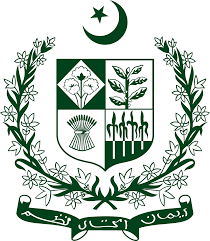After three months as the economy start showing positive signs the government has finally decided to lift the import ban on non-luxury items. The ban has been lifted in line with the demands of the International Monetary Fund’s (IMF) head of the board’s meeting later this month to revive the $6 billion loan programme.
The finance minister Miftah Ismail while addressing a press conference said that the government was scrapping the import ban as it was an international requirement, but noted that the regulatory duty that will be imposed on the non-essential imported items will be three times higher than the current levels.
According to the new regulations there would be no restrictions on industrialists who were importing machinery to manufacture items for export, or on the import of spare parts in small quantities. However, there would be restrictions on industrialists who wanted to import machinery to manufacture items to be sold in the domestic market, he added.
Heavy duties will be imposed on completely built-up (CBU) commodities — cars, mobile phones, and electronic appliances — and apart from them, the imported fish, meat, purse, and other such non-luxury items.”…we will impose such heavy duties that these items cannot be imported [easily] or at least in their finished form. I don’t have enough dollars, so I will prioritise cotton, edible oil, and wheat. I do not prioritise Iphones or cars.”
The government’s objective is not just to allow imports, but it is to fulfil international and IMF demands, while also keeping the current account deficit in check.







